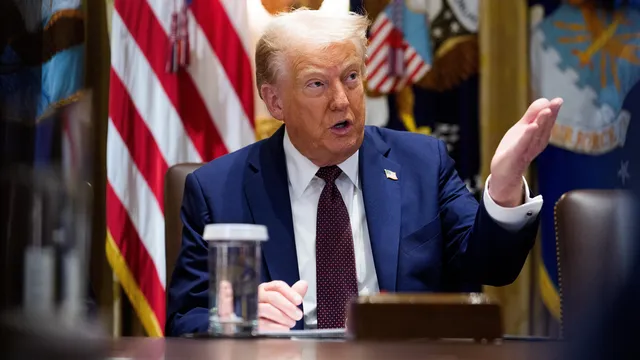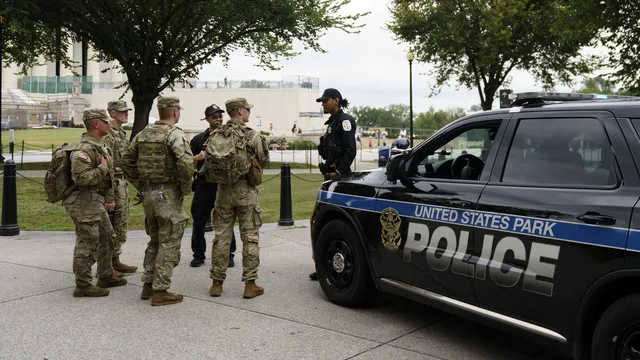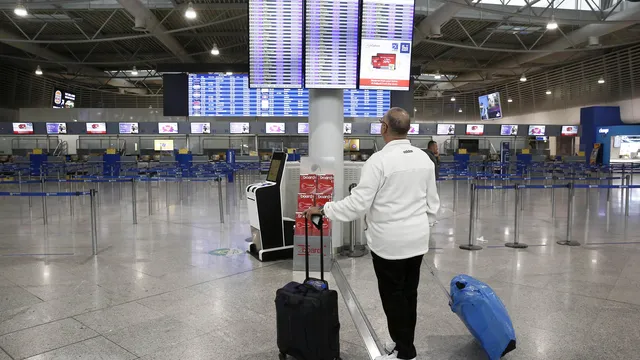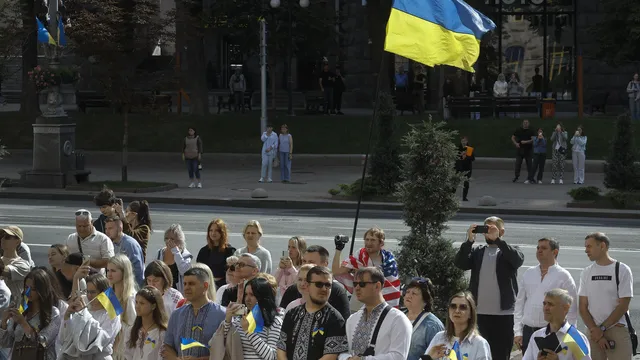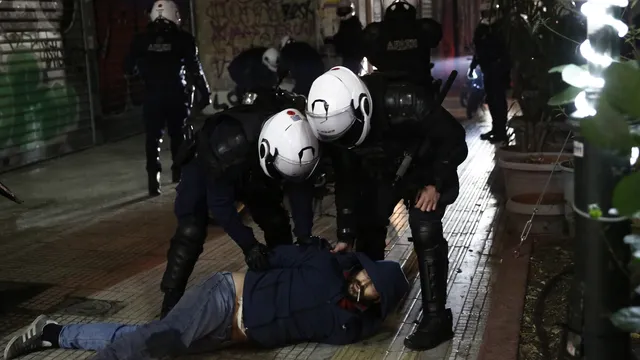President Donald Trump's administration has taken steps to impose stricter restrictions on the length of stay of foreign students and journalists in the United States.
This is the latest move to tighten legal immigration into the country.
Under the proposed change, foreigners will not be able to stay in the United States on student visas for more than four years, AFP reported.
Foreign journalists will only be able to stay for 240 days, although they will be able to apply for extensions of additional 240-day periods—with the exception of Chinese journalists, who will only be granted 90 days.
Until now, the United States has typically issued visas for the duration of a student's educational program or a journalist's assignment, although no non-immigrant visa is valid for more than 10 years.
The proposed changes were published in the Federal Register, with a short period for public comment before they take effect.
Trump's Department of Homeland Security claims that an unknown number of foreigners extend their studies indefinitely so they can remain in the country as "perpetual students."
"For too long, past administrations have allowed foreign students and other visa holders to remain in the United States virtually indefinitely, creating security risks, costing taxpayers immeasurable amounts of money, and putting American citizens at a disadvantage," the department said.
It did not explain how American citizens and taxpayers were harmed by foreign students, who, according to Commerce Department statistics, contributed more than $50 billion to the U.S. economy in 2023.
In the 2023-24 academic year, the US welcomed more than 1.1 million international students, more than any other country, representing an important source of revenue as foreigners typically pay full tuition fees.
A group representing U.S. college and university leaders condemned the latest measure as an unnecessary bureaucratic hurdle that interferes with academic decision-making and could deter potential students who would otherwise contribute to research and job creation.
"This proposed rule sends a message to talented people around the world that their contributions are not valued in the United States," said Miriam Feldblum, president and CEO of the Alliance of Presidents for Higher Education and Immigration.
"This not only harms international students, but also weakens the ability of U.S. colleges and universities to attract the best talent, which reduces our global competitiveness," she added. | BGNES

 Breaking news
Breaking news
 Europe
Europe
 Bulgaria
Bulgaria
